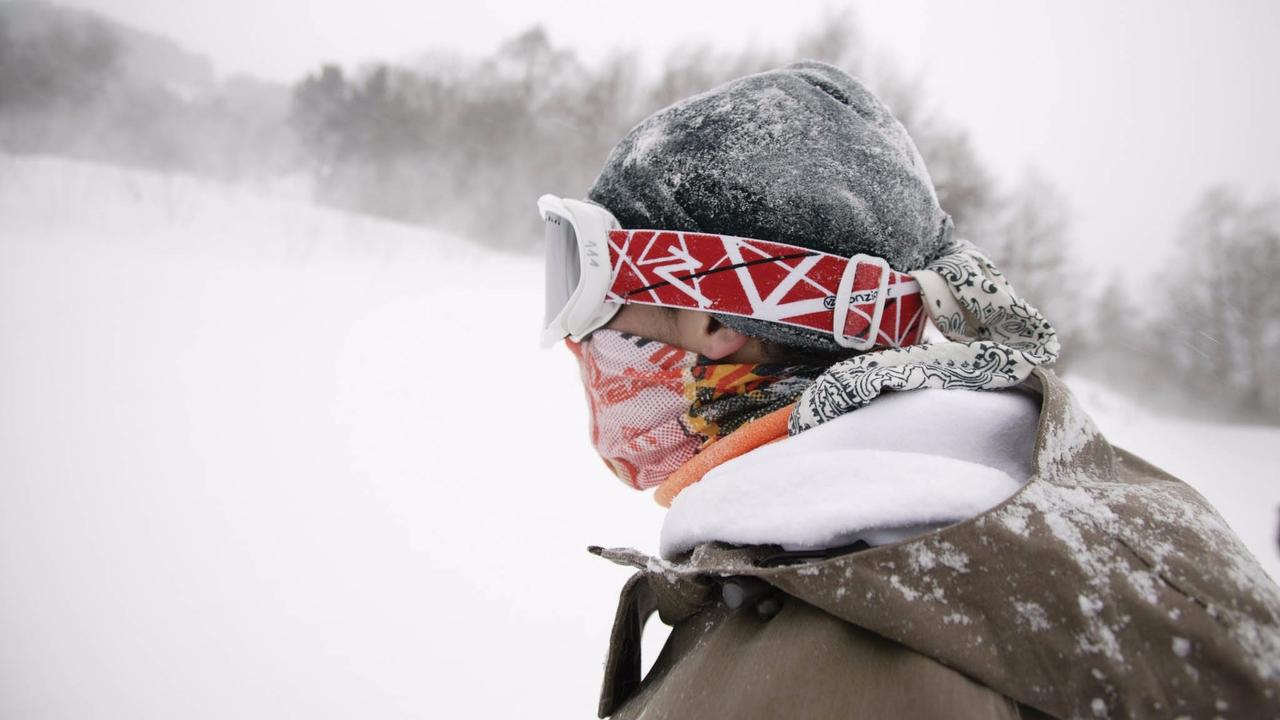Leaders, what colour is your SCARF?

And more importantly do you know the colour of the SCARF of each member of your team?
It's snowing hard here today in our village of Burwardsley, near Chester in the UK. Lovely to get out for a walk into the surrounding hills and be grateful the beauty of nature and the stillness when it snows. Plenty of time to think, reflect and allow the snow globe to settle!
On my walk today I was thinking about how much change we are facing as leaders and how the pace of change just seems to be increasing. I've been running a number of leadership workshops around agility and change over the past two weeks. One of the approaches I teach to understand people's reaction to change is the work by David Rock and the SCARF model. Sorry for the pun in the heading by the way!
It is a great tool to understand how we all react differently. The model describes five key areas of how we react based on our perceived threats and rewards. The five dimensions are:
- Status, which is about relative importance to others.
- Certainty, which concerns being able to predict the future.
- Autonomy, which provides people a sense of control over events.
- Relatedness, which is a sense of safety with others.
- Fairness, which is a perception of fair exchanges between people.
If the change is going to affect my Status and to me that is really important, I will accept it if it is a reward, or resist it if I perceive it as a threat. Status is about our sense of worth, it’s where we fit into the hierarchy at work both socially and organisationally. Status being impacted negatively can be a major issue as a leader as it is a significant driver of workplace behaviour. I've seen Sales People take a pay cut to keep the same car on the driveway. Status is clearly very important to them!
For some people certainty and clarity are important. This can be a major issue for some people coming to terms with our VUCA world (Volatile, Uncertain, Complex and Ambiguous). Working with a lack of clarity, for people who need clarity, can increase a person’s stress levels and impair their ability to make effective, balanced decisions. They could feel overwhelmed.
Autonomy is a big motivator for some people as it gives a person a sense of control over what they do. Many Entrepreneurs and Business Owners have this as a high need. In this case a person’s brain will process the lack of autonomy as a threat situation and lead to resistance. On the flip side, being promised more autonomy actually activates the reward system in the brain and they will be less stressed.
We are tribal people, so for many, relatedness is important - we naturally form social groups and build relationships. These groups are about support, trust and collectively working together to overcome barriers and be more successful. Creating a strong bond and trust leads to the production of oxytocin, which increases the positive feeling of trust and stabilises these relationships. It helps build the team. If this is reduced then people resist, unless that isn't important to you.
And the last element is all about fairness. If we think something is unfair we automatically go into defence mode. If we think it is fair then we see that as a positive and are more likely to agree to the changes.
So as leaders understanding this model we can be more influencial and successful at landing change - fast.
I have created a SCARF diagnostic template I use to help understand individuals. You can use it in a one to one situation or on your own as an empathy tool to try to understand someone else.

If you are using it in a one to one situation - first of all you build rapport, set a safe environment and then explore the template together. The first step is to rate the importance and then discuss how the change is perceived. And then co-develop ideas to remove barriers to the change and achieve the rewards.
I hope you find the tool useful and do let me know how you get on. Have a go at using the tool on yourself first. Think about a piece of change happening and use the template to explore your reactions and actions.
Every Success
Graham
Stay up to date with the latest leadership inspiration, tools and developments
Join our mailing list to receive the latest leadership ideas from our team.
Don't worry, your information will not be shared.


